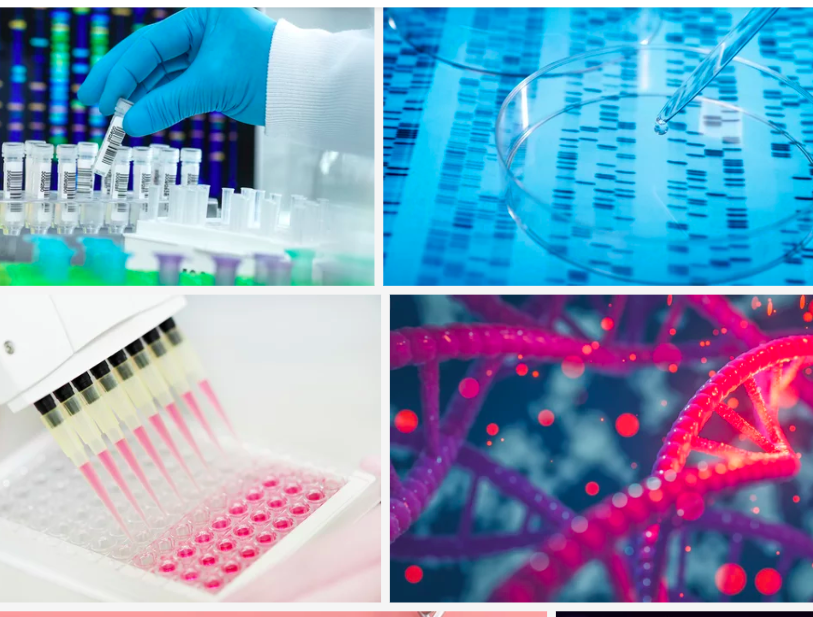|
They: I really want to see definition in my arms. Me: do you know how many grams of protein you have per day? (https://academic.oup.com/ajcn/article/105/3/714/4569695) They: I’ve lost weight but don’t seem to be getting leaner. Me: do you know how many grams of protein you have per day? (https://academic.oup.com/ajcn/article/103/3/738/4564609) They: I can’t seem to lose weight. Me: do you know your macros? (https://www.ncbi.nlm.nih.gov/books/NBK537084/) They: I want to make sure I have strength in my legs as I age. Me: do you know how many grams of protein you have per day? (https://academic.oup.com/ajcn/article/105/3/714/4569695) They: it doesn’t seem like I recover as well as I age. Me: even surgical patients recover faster with increased protein ( https://pubmed.ncbi.nlm.nih.gov/28468890/) - do you know how many grams you’re having per day? They: my hormones are all over the place. Me: you synthesize all hormones from dietary fat (https://www.ncbi.nlm.nih.gov/pmc/articles/PMC4763493/ ) - do you know how many grams of each fatty acid type you’re getting? And the list could literally go on forever. Aging. Sleep. Muscle cramps. Focus. Energy. Depression. Anxiety. Fertility. Learning comprehension. You name it. “Eat less; move more” does not cover any of these. Eating less doesn't get you enough protein and fat if you were already too low on the intake of both. And that's just macros. If we consider micronutrients, there is a whole world of opportunity there as well. Choline is critical for brain function and a laundry list of metabolic functions. The average American is already deficient in choline. If you eat less food, you will get even less choline. And many people trying to clean up their diets nowadays place emphasis on a plant-based diet (which is nearly devoid in choline and other critical nutrients). Whatever the goal, know your food. Know your macros. Know the nutrients.
0 Comments
“This shouldn’t be that difficult,” or “I can’t believe how much more work I have to put in to get the same outcome as so-and-so” are sentiments we hear a lot as coaches. But, unfortunately, there is universal human bias based on our own experiential perception that misleads us into thinking we’re doing FAR MORE than we actually are: https://www.thecut.com/.../why-everyone-thinks-theyre...
The average screen time for Americans is over 7 hours per day every day: https://www.comparitech.com/tv-streaming/screen-time-statistics/. Is that because we work so hard? Is the 3 hours of TV watching average per day because we work so hard? We don't work that hard. The 2 billion people who have to walk up to 10 miles per day to find potable water work hard. And, actually, many of them aren't deluded into thinking they work TOO hard. That walk is precisely what it takes to keep them alive. It's simply what it takes. You walk to the faucet. I walk to the faucet. We average over 7 hours of screen time per day. There is no measure by which we can seriously claim to work THAT hard. We don't. As coaches, we run into this a lot with clients, and even peers. And there are genuine inequities that exist. That’s real. But certain accomplishments simply take what they take. And that has nothing to do with your opinion of the situation or your personal perception. Body composition change has no “should” or “shouldn’t”. It’s precisely as hard as it is. Your opinion does not change the laws of physics. At some point you will indeed have to expend more energy than you bring in on a consistent basis. It doesn’t matter how hard you think you’re working. This is a physical law. I’ve encountered friends and peers who are bragging about their hard work, but who’ve never once in their lives spent less money than they make. Opinion is meaningless. It’s a physical law. The NET outcome doesn’t work. So be wary of comparisons focusing on hyperbole and egocentric bias. Certain outcomes require what they require. And our opinion or perception can get in the way. An estimated 95% of Mongolians are genetically lactose intolerant WHILE dairy comprises up to half their diet: https://www.popsci.com/.../lactose-intolerance.../...
In genetic testing of human remains from archaeological digs, we find that humans lacked the gene to digest milk sugar for at least 4,000 years of dairy consumption. Bacteria and the microbiome make possible outcomes many would’ve loved to pin on heredity and DNA. And this is not an isolated event. Massive datasets prove that SPOUSES have more similar lifespan and mortality than FAMILY members: https://pubmed.ncbi.nlm.nih.gov/30401766/ And scientists have proven that certain traits persist in subsequent generations even AFTER the gene is no longer present in subsequent generations: https://www.cell.com/cell/pdf/S0092-8674(19)31374-1.pdf The complexity of life is far too vast to blame on simplistic genetics fatalism. Not even mostly. That is now an archaic and disproven worldview. And in kind, we need to reject the implications of that faulty outdated worldview. |
Elev8 Wellness
|
LIVE. AWESOME.We offer the highest quality in personal fitness, nutrition, and mindset coaching, helping you achieve your fitness, health, wellness and performance goals no matter the obstacle. With virtual online training and private, in-studio training we make it easier to reach your wellness goals safely.
No more can't. No more not good enough. If you compete in a sport, let your mind no longer hold you back from being the greatest. If you don't, let your mind no longer hold you back from being the best version of you that you can be. Sign-up for a Tour Covid Screen Waiver Elev8 Waiver Become an Elev8 Instructor Space Rental |
6244 lyndale ave. s., minneapolis, mn 55423
|
© 2021 Elev8 Wellness LLC. All Rights Reserved. site map | contribute | SITE BY Sproute Creative




 RSS Feed
RSS Feed
